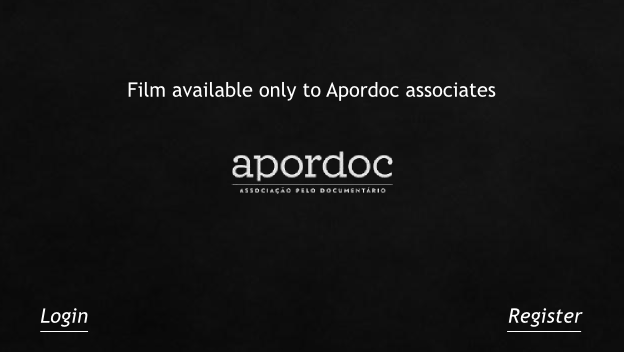
Jobcenter
Director Angela Summereder
Countries Austria
Duration 80 min
Synopsis
We first see a roundabout in the periphery, controlling the flow of lorries and cars, before the film reaches its actual destination: the "Jobcenter", a course for unemployed people. How is "success in the job market" being taught there? The film follows five people, who reflect on their situation in the course and then start searching for a new job. (A.S.) Flipcharts, bare conference rooms, training routines. That’s the world Job Center takes the viewer into. Trainees, their uncertainty written on their faces, meet course leaders who always put on a pleasant expression, regardless of how they speak. The job center’s purpose is to equip clients for the employment market, part of which is finding out how they estimate their chances on this market. Their performance can then be optimized. Filmmaker Angela Summereder accompanied five individuals to a job center, among them the seemingly naive farmer’s son Martin, an attractive young man who would rather grin than speak; and Sieglinde, who ran a cafeteria for many years, and who repeatedly shows that she’s grateful for any kind of support. In unemotional images in which the job center’s technocratic character seems to repeat itself incessantly, Summereder follows the courses’ mechanical rituals: The hierarchy of needs is gone over, there’s a simulated job interview. The images remain cool observations, even when the course participants seem alarmingly submissive, preemptively ratcheting down their expectations. Only occasionally are subtle comments made expressing skepticism concerning what’s being done. Such as when résumés are discussed, and the picture shows anonymous computer screens rather than the individual involved. Sound and image provide their own little story in this instance. What the job center does not do is supplied by Summereder: She repeatedly interrupts things to take a look behind the scenes of these preparations for paid employment in personal interviews. When this happens not only the tone of the subjects’ voice changes⎯they are suddenly tangible, statements are formulated in a plausible manner⎯the film’s visual grammar does also. Closeups of faces are suddenly joined by emotional metaphoric images, such as a deserted path or a dilapidated building. The job center and its stated purpose of preparing people for the “world out there” suddenly seems out of touch. (Gunnar Landsgesell)
We first see a roundabout in the periphery, controlling the flow of lorries and cars, before the film reaches its actual destination: the "Jobcenter", a course for unemployed people. How is "success in the job market" being taught there? The film follows five people, who reflect on their situation in the course and then start searching for a new job. (A.S.) Flipcharts, bare conference rooms, training routines. That’s the world Job Center takes the viewer into. Trainees, their uncertainty written on their faces, meet course leaders who always put on a pleasant expression, regardless of how they speak. The job center’s purpose is to equip clients for the employment market, part of which is finding out how they estimate their chances on this market. Their performance can then be optimized. Filmmaker Angela Summereder accompanied five individuals to a job center, among them the seemingly naive farmer’s son Martin, an attractive young man who would rather grin than speak; and Sieglinde, who ran a cafeteria for many years, and who repeatedly shows that she’s grateful for any kind of support. In unemotional images in which the job center’s technocratic character seems to repeat itself incessantly, Summereder follows the courses’ mechanical rituals: The hierarchy of needs is gone over, there’s a simulated job interview. The images remain cool observations, even when the course participants seem alarmingly submissive, preemptively ratcheting down their expectations. Only occasionally are subtle comments made expressing skepticism concerning what’s being done. Such as when résumés are discussed, and the picture shows anonymous computer screens rather than the individual involved. Sound and image provide their own little story in this instance. What the job center does not do is supplied by Summereder: She repeatedly interrupts things to take a look behind the scenes of these preparations for paid employment in personal interviews. When this happens not only the tone of the subjects’ voice changes⎯they are suddenly tangible, statements are formulated in a plausible manner⎯the film’s visual grammar does also. Closeups of faces are suddenly joined by emotional metaphoric images, such as a deserted path or a dilapidated building. The job center and its stated purpose of preparing people for the “world out there” suddenly seems out of touch. (Gunnar Landsgesell)